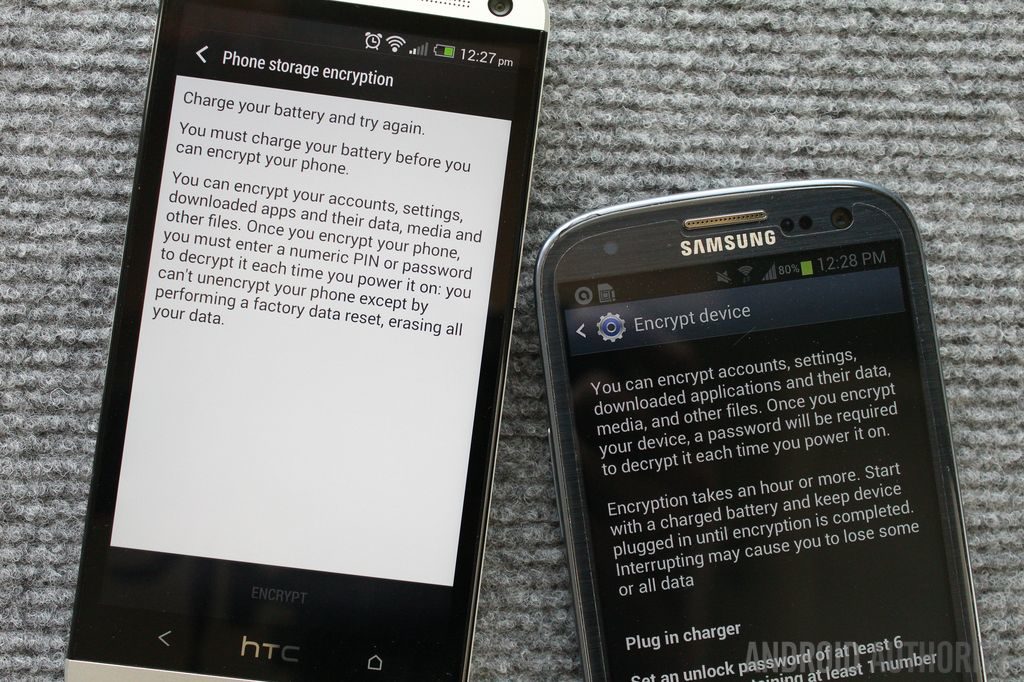Most employees these days use their own devices at work or to help them with work while they’re out of office. Mobile phones, tablets and laptops are all used to store company data and there’s little that businesses can do about it. Of course, they can ban the use of personal devices for business use, but ultimately these devices are useful and actually help employees to be more productive.
Rather than preventing employees from using their own devices or taking company devices home with them, businesses should focus on fully protecting all devices to prevent security risks. Encryption is the way in which full protection can be achieved. Encryption keeps all data secure even if the device on which it is stored is lost or stolen.
Data stored on any device is scrambled, making it virtually impossible for hackers to decode the information without an encryption key. In this article, experts from Syntax IT Support London explain why data encryption is the best security technique for businesses and how it can be implemented.
Why use data encryption?
It’s reliable: When using encryption, you can be sure that your data won’t fall into the wrong hands. Encryption is nearly impossible to break and the process is so time consuming and difficult that it is impractical for hackers to even try. Data is scrambled in such a way that it cannot be understood until it has been decrypted and for this you need the encryption key.
It’s not disruptive: Encryption of devices is hassle-free. Employees can easily find and use a process of implementation that won’t have a negative impact on your business processes. Consult your IT supplier or support company for advice in this area.
Implementing encryption
You should make sure devices are in good working order before encrypting data on them, as older or poorly performing devices can struggle to cope when working with encrypted files. Any fairly new device should be fine. There are two main options to consider when it comes to encryption:
Data-centric encryption
Using data-centric encryption means you can choose what data you would like to encrypt. Data is encrypted as it is stored on the system and files can be secured both on the main disk and on any external media if you require. Data-centric encryption doesn’t have as much of an impact on older devices because it is only when dealing with important data that they must put more work in. When setting up data-centric encryption you must define encryption settings by accessing the management console. Selected data will then be encrypted automatically and your work is done.
Full disk encryption
Full disk encryption requires more processing power but is more secure. This involves the encryption of all data on your devices, including application and operating system files. You can’t encrypt external media as easily when using full disk encryption so you might want to prohibit employees from storing sensitive data on devices such as USB drives if you decide on this option. Keep in mind that software updates might have to be implemented in a new way, as full disk encryption can interfere with them.
Encryption is something that all businesses should consider as data becomes increasingly mobile and staying secure becomes increasingly difficult. Most companies find that data-centric encryption works best for them, but you should consider both options carefully to determine the type of encryption that will be best for your own business. With encryption, no longer will you have to worry about loss or theft putting your data at risk and you can stay safe in the knowledge that your business is compliant with data protection laws.


